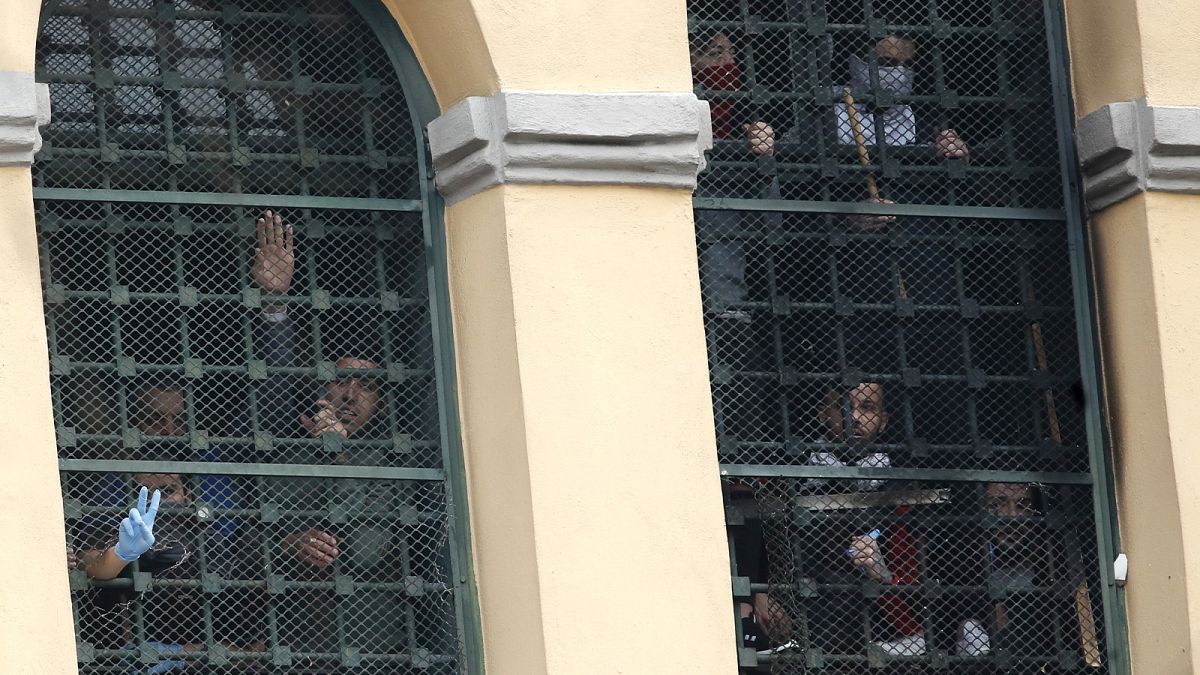Ferragosto is a treasured holiday in Italy, when the whole country seems to shut down, and people flock to the beach or relax in the shade. However, amidst the celebrations, some politicians choose to spend the day in prison to draw attention to the harsh living conditions that inmates face, leading to a spike in suicides. This tradition, started by the late activist Marco Pannella, aims to shed light on the overcrowded and inadequate facilities that fail to provide humane conditions for those imprisoned.
This year, prominent politicians like MP Matteo Renzi and Rome Mayor Roberto Gualtieri visited prisons on Ferragosto, highlighting the need for reform in the Italian prison system. Renzi criticized the government’s efforts to address the issues, citing the construction of new prisons and the criminalization of certain activities as insufficient measures. The recent anti-rave law, promoted by far-right leader Matteo Salvini, has further complicated the situation by imposing harsh penalties for organizing events deemed dangerous to public safety.
The plight of inmates in Italian prisons has reached a critical point, with a growing number of suicides and mental health crises plaguing the system. The Prison Ombudsman reported that 50 prisoners had taken their lives by July, a significant increase compared to the previous year. Despair among inmates, particularly those awaiting trial and foreign nationals, has led to calls for urgent and effective solutions to address the root causes of these tragedies. President Mattarella has acknowledged the dire state of Italian prisons, describing them as places where hope is lost.
The overcrowding of Italian prisons, with a capacity exceeding the number of inmates, exacerbates the challenges faced by both prisoners and staff. The slow pace of trials, lack of legal representation, and abuse within the system contribute to the deteriorating conditions and mental health issues among inmates. Journalist Francesco Conte emphasized the need for fundamental reforms to ensure that individuals, especially foreign nationals, receive fair and humane treatment during their time in prison. The disparities in sentencing and living conditions further compound the struggles faced by those incarcerated.
As the Italian government focuses on controversial initiatives like exporting asylum seekers and constructing holding facilities in Albania, the issues within the domestic prison system remain largely unaddressed. Despite efforts to address overcrowding and improve conditions, critics argue that the root causes of the crisis, including lengthy trials and inadequate legal assistance, must be prioritized. The need for a comprehensive and compassionate approach to reforming the prison system is paramount to preventing further tragedies and safeguarding the rights and well-being of all individuals, including those behind bars.











